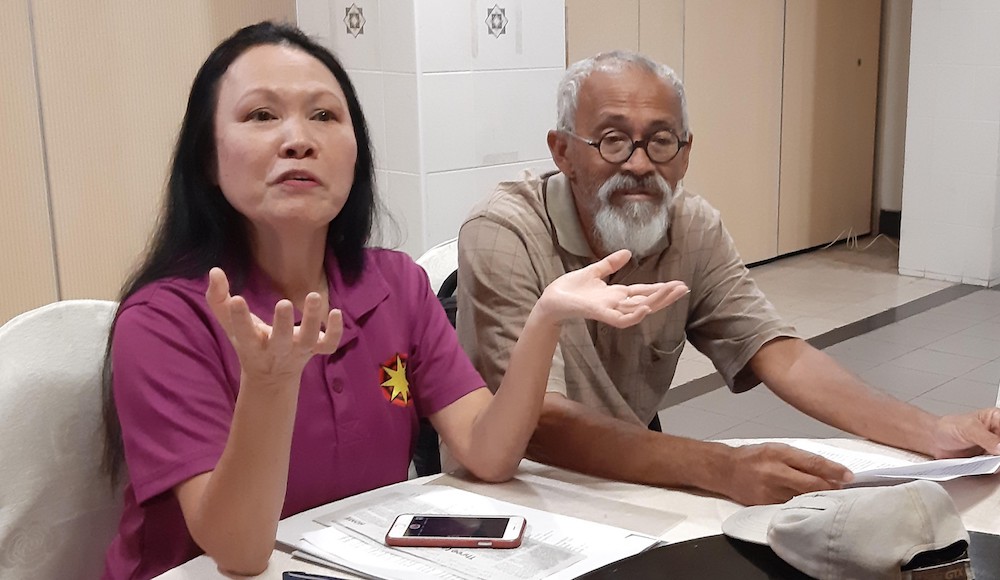KUCHING, March 10 — Sarawak People’s Aspiration Party (Aspirasi) president Lina Soo claimed that Sarawakians will be watching closely the newly created portfolio of Sabah and Sarawak Affairs for its performance.
“If the performance of the ministry has nothing to show (for), then GPS can expect Sarawakians will give their verdict without mercy in the coming state election.
“I hope this ministry will not just become a convenient scapegoat as the federal government can blame this ministry and the people of Sarawak and Sabah for everything that goes wrong in these two states,” she said when asked to comment on the appointment of Datuk Seri Dr Maximus Johnity Ongkili to the portfolio.
She said many Sabah and Sarawak’s issues have remained unresolved, citing the Malaysia Agreement 1963 (MA63), oil and gas and federal legislations which are “unconstitutional” in the context of Sarawak and Sabah and the illegal immigrants in Sabah.
“With the looming 12th state election which must be held by next year, Sarawakians will await the results of the newly created portfolio and see if it will fulfill the peoples’ expectations,” she said.
Separately, Sarawak’s Minister of Welfare, Community Wellbeing, Women, Family and Childhood Development Datuk Seri Fatimah Abdullah said Sarawak will have a strong representation and voice at the federal level, especially in the policy and decision-making processes.
Fatimah, who is also PBB Women’s wing head, called on everybody to throw in support for the new Cabinet including those from the Opposition.
She said national interest must come first before the party’s interest.
She added the majority of the Cabinet members are made up of not only the experienced and former ministers but also they have proven to be effective in discharging their duties and responsibilities.
“So let them focus on bringing back Malaysia to its former glory,” she said.
Fatimah also hoped to have more engagement with her federal counterpart Datuk Seri Rina Harun on areas concerning women, children, disadvantaged and needy, senior citizens and community wellbeing at the state level.




















